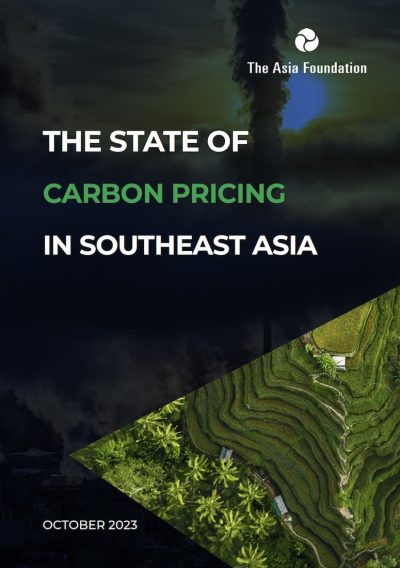The State of Carbon Pricing in Southeast Asia
Carbon pricing has become an increasingly popular policy measure used to support growing global efforts to address the causes of climate change and adapt to its consequences. While historically the domain of climate policy in the developed world, evidence shows that carbon pricing instruments (CPIs) are now being seriously considered across the developing world too. This trend extends to Southeast Asia, where seven of 10 ASEAN member states (AMS) are either considering implementing or have implemented a mandatory carbon tax or emissions trading system, and all AMS have been involved in carbon crediting activities in some capacity in recent decades.
Though general guidelines exist for their implementation, rooted in both theory as well as practical experience—largely in the developed world—unique national and subnational circumstances mean that there cannot be a one-size-fits-all approach toward CPIs. What works in Europe may not work as well in Southeast Asia, owing to varying underlying economic and social conditions, political structures, and energy systems. This creates great scope for regional actors, including international development organizations, to provide support and guidance to national-level governments in the development of their CPIs, including ensuring the necessary foundational elements of CPI implementation are in place.
Supplemental materials:

